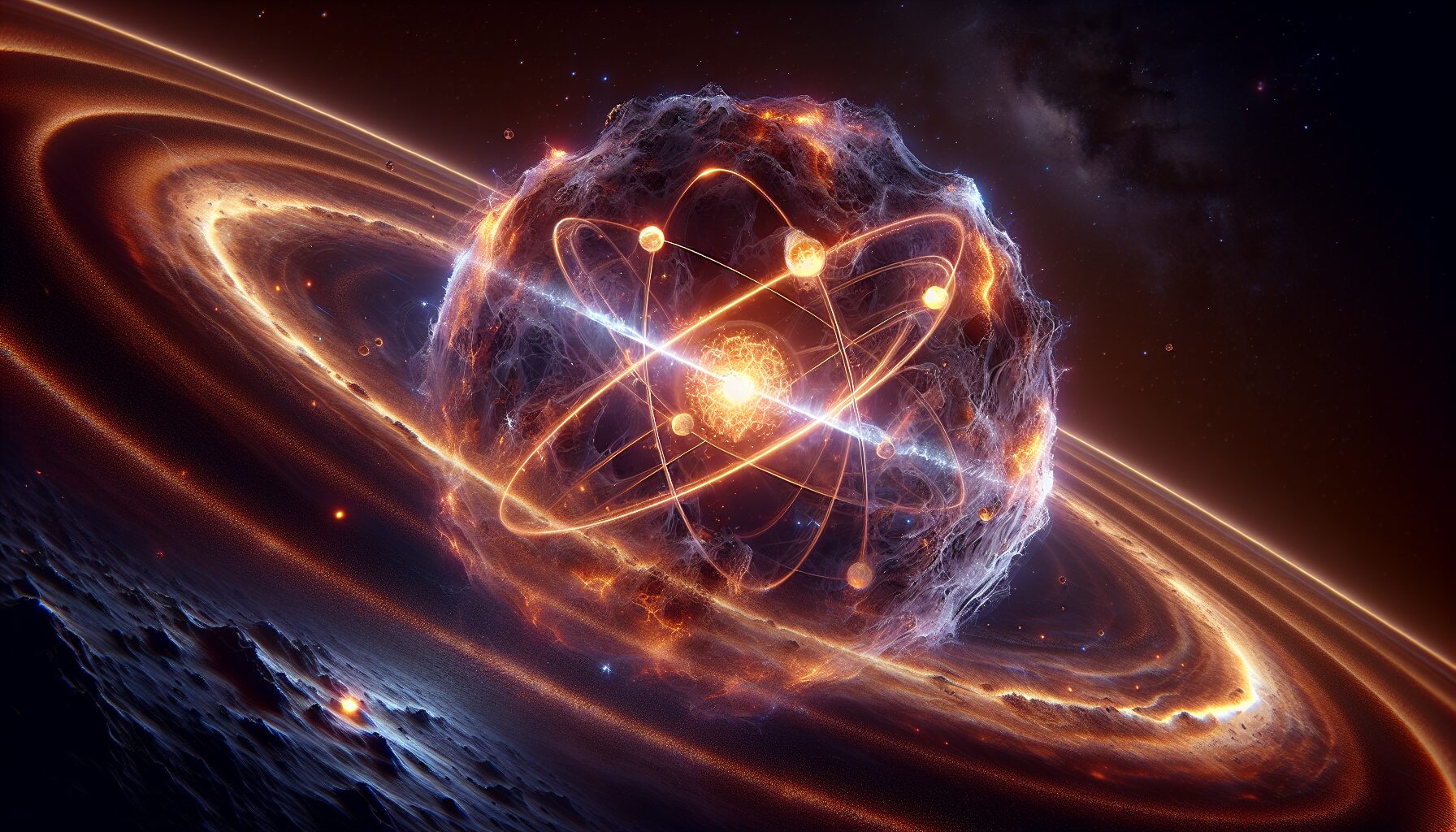The Death of Atoms: When Protons Decay in Trillions of Years
The notion of indestructibility is deeply ingrained in both philosophy and science. For centuries, atoms have been considered the fundamental, unbreakable building blocks of matter. This view, tracing back to the ancient Greek philosopher Democritus, has withstood the test of time, morphing slightly with the modern understanding of particle physics. However, what if atoms, specifically their nuclei, are not eternally stable? What does it mean for matter if protons, core components of atomic nuclei, have a finite lifetime?
The Atomic Structure and the Role of Protons
At the heart of every atom lies its nucleus, composed of protons and neutrons. Protons carry a positive charge, whereas neutrons are neutral. The number of protons in a nucleus defines the chemical element and its position in the periodic table. For example, hydrogen has one proton, carbon has six, and so forth.
Protons are essential for the chemical identity of elements and, by extension, all known chemistry. They are bound together in the nucleus by the strong nuclear force, one of the four fundamental forces in nature. Despite this binding force, theoretical physics suggests that protons may not last forever. Instead, they might decay over billions or even trillions of years.
Theories Behind Proton Decay
- Grand Unified Theories (GUTs): These theoretical frameworks attempt to unify the electromagnetic, weak nuclear, and strong nuclear forces into a single force. GUTs predict that protons will eventually decay, even though this process has never been observed.
- Super-Kamiokande Experiments: These are among the most sensitive detectors designed to observe proton decay, deep underground in Japan. While no decay has been conclusively observed, the experiments have helped set lower bounds on the proton’s lifespan. According to The New Scientist, these bounds exceed 1034 years, which is considerably long compared to the current age of the universe (source).
Implications of Proton Decay
The concept of proton decay challenges our understanding of matter and its permanence. Even though the timescale is unfathomably long, the eventual decay of protons would imply that all matter, as it is currently known, will eventually break down into subatomic particles. Here are some profound implications:
- Ultimate Fate of the Universe: If protons decay, eventually all matter in the universe would disintegrate, altering any predictions on the universe’s ultimate fate.
- Laws of Conservation: The decay would challenge the conservation of baryon number, a principle that states the number of baryons (protons and neutrons) must remain constant in an interaction.
- Redefining Stability: Currently, we understand atomic and molecular stability based on electron interactions and nuclear stability. Proton decay suggests a future where what we consider stable is just a temporary state.
Observational Challenges
The monumental challenge in detecting proton decay lies in its exceedingly long lifetime, surpassing human and scientific timescales. To directly observe one proton decaying would require a vast sample and a significant amount of time. The universe itself isn’t old enough for us to potentially witness such an event in real-time, based on current theoretical lifespans of protons.
The Super-Kamiokande detector and other experiments are vital tools in this quest. They demonstrate the very frontier of particle physics, pushing the bounds of what is detectable and further refining the theories that predict these extraordinary events.
Conclusion: A Latent Transformation
The possibility of proton decay takes us deep into the realm of speculative physics. While no experimental evidence currently verifies this phenomenon, the pursuit of understanding questions the permanence of matter as it stands. If protons decay, then atoms themselves are temporary custodians of matter, inevitably destined to return to a more fundamental state.
“Our understanding of stability and conservation needs to adapt as our horizon expands beyond present-day observations, delving into deep time and envisioning the ultimate transformation of matter.” — from the Journal of Nature Physics
In essence, the study of proton decay is more than just an inquiry into atomic longevity; it represents a profound exploration into the nature of existence and time itself. As research continues, we may just inch closer to answering the ultimate existential question: does anything last forever?
